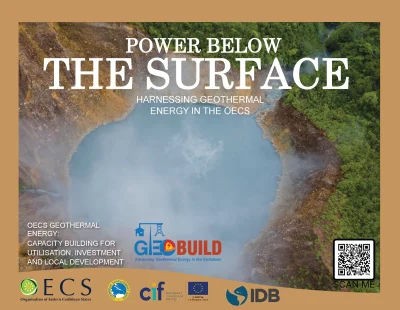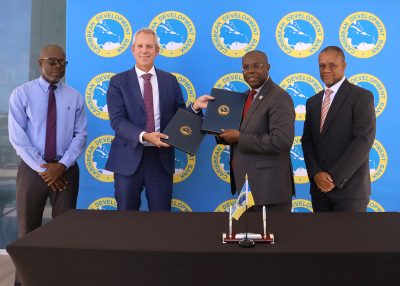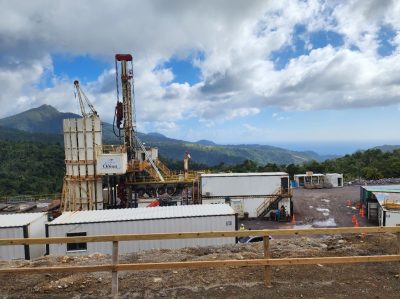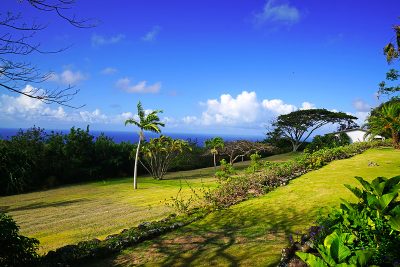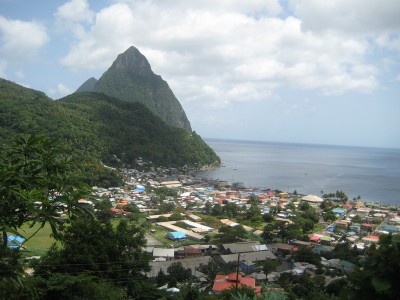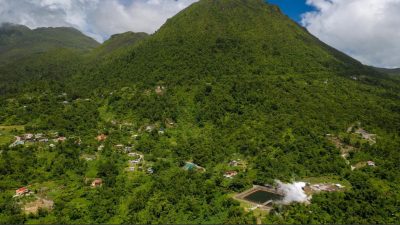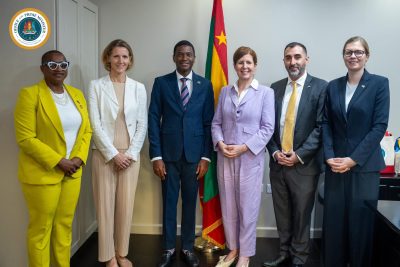Dominica secures $34 million financing for 10-MW geothermal power project
The Caribbean Development Bank has approved a $34.8 million loan to support the construction of a 10-MW geothermal power plant in Dominica.
The Caribbean Development Bank (CDB) has approved a USD 34.8 million loan to fund the construction of a 10-MW geothermal power project in Dominica. The project is a public-private partnership between the Commonwealth of Dominica (GoCD) represented by the Geothermal Development Company of Dominica (DGDC) and Ormat Technologies Inc. (Ormat).
AMALA Clean Energy Advisors together with GeothermEx and POWER Engineers, served as the Lender Technical Advisor (LTA), helping carry out the due diligence for the project to inform the CDB decision taken on December 12, 2024.
The Caribbean island nation of Dominica has made significant strides in the past years towards the development of its first geothermal power project. Drilling and testing of the production and reinjection wells have already been completed, and more recent updates indicate that site preparation has been ongoing for the power plant construction that is expected to start by early 2025.
The 10-MW geothermal power project is set to make a huge impact in the costs and reliability of electricity supply in Dominica. Currently, Dominica imports over 90% of its energy, mainly in the form of fossil fuels. Approximately 70% of the country’s electricity is diesel-generated, driving up energy costs and hindering business growth and progress towards key Sustainable Development Goals. Early studies suggest that the island’s geothermal potential could provide electrical power capacity up to 50-times the current peak demand of approximately 18 MW.
The Government of Dominica has also engaged with a company from Trinidad and Tobago to undertake a pre-feasibility study for the production of green ammonia using geothermal energy.
“This plant will go a long way in helping Dominica achieve its sustainable energy goals and transition from fossil fuel-based electricity generation to entirely renewable sources,” said Mrs Therese Turner-Jones, CDB’s Vice President of Operations.
Supporting energy security in the Caribbean region
This project is funded under CDB’s GeoSmart Initiative which seeks to support countries with geothermal potential in the Organisation of Eastern Caribbean States (OECS) in developing projects with funding and technical assistance.
CDB’s funding – with resources from the Inter-American Development Bank (through the Green Climate Fund), and Government of Canada through the Global Affairs Canada – covers 51% of the total project costs of approximately USD68 million, with the CARICOM Development Fund (CDF) contributing 22%, and the remainder as equity from the GPC.
Mr Joseph Williams, Coordinator of the CDB’s Sustainable Energy Unit, noted that the approved funding for Dominica represents an important milestone and highlighted the importance of development financing in geothermal projects in small island developing states, given the high risk and national governments’ fiscal and human capacity constraints.
In addition to Dominica, other OECS nations have received support under the GeoSmart Initiative. A USD9.4 million grant has been approved for test drilling in Grenada, while St Kitts and Nevis received USD 17 million in funding towards the drilling of production wells on the island of Nevis. CDB previously provided USD27 million to support completed geothermal exploration in Saint Vincent and the Grenadines.
Tapping the geothermal potential of the OECS countries helps strengthen the energy security of the region by reducing dependence on imported fossil fuels, while also reducing carbon emissions and contributing to global efforts to mitigate the effects of climate change. It also helps increase the competitiveness of these economies by supplying affordable and reliable electricity to consumers, households, and businesses.
Source: Caribbean Development Bank and AMALA Clean Energy Advisors









